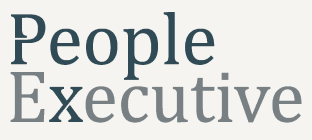A company’s reputation matters
In the competitive landscape of the modern corporate world, a company's reputation takes center stage, particularly when it comes to attracting top talent and retaining employees. A stellar reputation becomes a magnetic force that not only entices skilled professionals but also nurtures a sense of pride and loyalty among existing staff. A company with a positive standing in the industry can effectively showcase its commitment to a supportive and growth-oriented work environment, making it a preferred destination for ambitious individuals seeking career advancement and job satisfaction.





